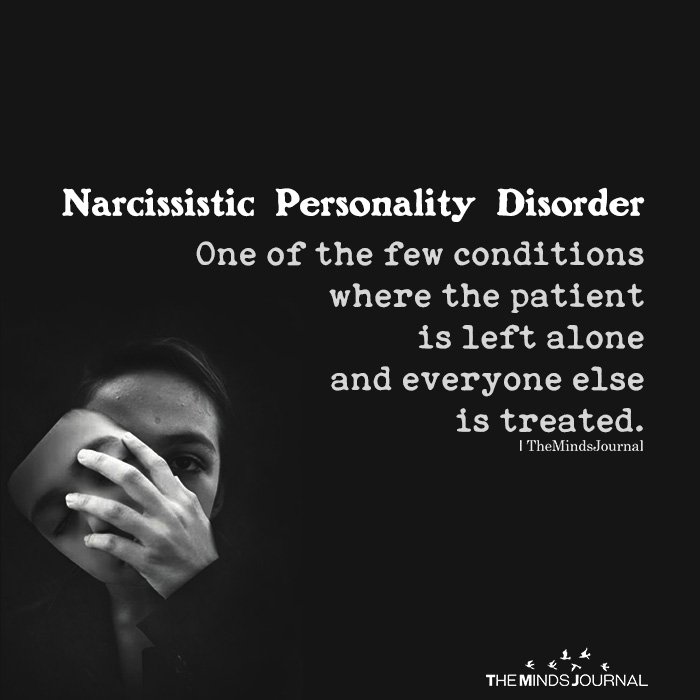Are narcissists born or made? Delve into the age-old debate as we explore whether nature or nurture shapes this complex personality trait. Uncover the secrets behind pathological narcissism!
Narcissists can be hard to empathize with, but research on inherited narcissism shows they didn’t choose to be that way; they bear scars from childhood.
Traditionally, childrearing, particularly by the mother, was considered the cause of narcissism. In recent years, more research and twin studies have also looked at genetic factors.

Related: How Narcissistic Are You? Discover Your Degree of Narcissism
So, Are Narcissists Born Or Made? Let’s Find Out!
When you grow up with a narcissistic parent, you can get a double dose of hereditary and environmental factors.
Parenting
Psychoanalyst Heinz Kohut (1913-1981) believed that insufficient nurturing from their mothers (or other early caregivers) caused pathological narcissism, by arresting the natural development of healthy narcissism.
Without empathic parental interactions, these children lacked modeling, which stunted their emotional capacity to empathize.
Empathetic matching of feelings is also essential for the healthy development of the self. Instead of feeling loved and accepted for who they were, they grew up praised only for their performance and for being the best, creating a belief that their true self was unlovable. Who they were and what they did were never good enough.
Another psychoanalyst, Otto Kernberg (b. 1928), emphasized the significance of veiled parental aggression expressed with harshness or criticism stemming from anger, envy, hate, or indifference.
Such parents may be domineering, exploitative, or manipulative causing a humiliating “narcissistic injury” to their children’s vulnerable feelings and needs. Feeling shamed and powerless, children create an ideal superior to others to protect their self-image.
They then strive to achieve their perfectionistic ideal in ways that reflect their personality and skills. But because narcissists’ achievements and beliefs aren’t connected to their true self, they need constant validation for their fabricated self.
Social learning theorists argue that narcissism results from a lack of modeling and overindulgent parenting, which teaches children to feel superior and entitled irrespective of their behavior.[i]
This is worse when a child is extremely close to an overly indulgent mother who encourages dependency, incompetence, and lack of self-reliance. However, studies show that leniency can similarly result in healthy narcissism.
Yet when psychological control is present, such as guilt induction and withdrawal of love, children don’t develop a solid self because they’re focused on gaining external approval.[ii] They learn that love and involvement depend on conforming to parental needs and expectations and don’t receive support for an emerging, autonomous self.
Some families have a pervasive attitude of superiority over other people, which children adopt. Other parents provide material benefits to their children, but the family lives in an emotional vacuum.
The children feel emotionally abandoned and ignored. As adults, they may not remember feeling unhappy or lonely because they were involved with school, siblings, or friends, but they also don’t recall any parental understanding or warmth.
Whether critical, indulgent, or emotionally absent, different theories portray a mother (or another primary caregiver) unable to experience her child as a separate individual and to provide sufficient empathy, mirroring, or opportunity for idealization.
Inherited Narcissism
Studies have shown that results vary depending on a child’s personality. Although parenting styles affect the development of healthy narcissism, the effect on the development of unhealthy narcissism depends on the child’s initial proclivity towards narcissism.[iii]
Although more research is needed, studies of twins raised by different parents reveal that inherited narcissism is revealed in narcissistic behaviors; the correlation ranges from 37 to 77 percent with a median of 47 percent.[iv] Usually, the child of a narcissistic parent is raised by that parent, but not all children of narcissistic parents become narcissists. This supports the genetic factor.
Gender can also be a variable because narcissistic mothers treat their daughters differently than their sons. Narcissistic fathers are often harder on their sons than daughters.
Learn more about narcissism and how to deal with narcissists and confront abuse. Dating, Loving, and Leaving a Narcissist: Essential Tools for Improving or Leaving Narcissistic and Abusive Relationships.
© 2024 Darlene Lancer
References: [i] Horton, R.S., G. Bleau, & B. Drwecki. (2006). Parenting narcissus: What are the links between parenting and narcissism? Journal of Personality, 74 (2), 345-376. https://doi.org/10.1111/j.1467-6494.2005.00378.x [ii] Horton, R. S. (2010). On environmental sources of child narcissism: Are parents really to blame? In Barry, C. T., Kerig, P. K., Stellwagen, K. K., & Barry, T. D. (Eds. (2011). Narcissism and Machiavellianism in youth: Implications for the development of adaptive and maladaptive behavior (pp. 125-143). American Psychological Association. http://www.jstor.org/stable/j.ctv1chrxxt [iii] Cramer, Phebe, (2011). Young adult narcissism: A 20-year longitudinal study of the contribution of parenting styles, preschool precursors of narcissism, and denial. Journal of Research in Personality, 45 (1), 19-28. https://doi.org/10.1016/j.jrp.2010.11.004 [iv] Luo, Y.L.L. & Cai H. (2018). The etiology of narcissism: A review of behavioral genetic studies. In A. Hermann, A. Brunell, & J. Foster (Eds.) Handbook of Trait Narcissism. Springer. https://doi.org/10.1007/978-3-319-92171-6_16
Written by: Darlene Lancer
Originally appeared on: whatiscodependency.com










Leave a Reply